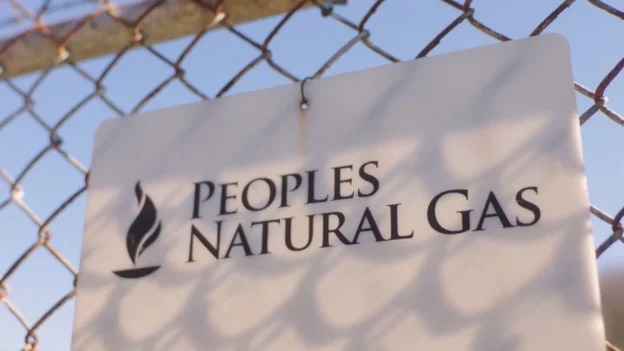Peoples has launched a demonstration project for large-scale, emission-free turquoise hydrogen production in western Pennsylvania. This initiative is a collaboration between Peoples, H Quest and the Swanson School of Engineering at the University of Pittsburgh, according to a company release.
Turquoise hydrogen production
To carry out this project, the company has installed one of H Quest’s patented microwave pyrolysis units at its McKeesport training center. This technology makes it possible to transform natural gas into pure hydrogen(H2) without producing CO₂ emissions, generating what is known as turquoise hydrogen.
About the size of a shipping container, the unit heats natural gas in an oxygen-free environment, instantly breaking it down into two byproducts: clean hydrogen and carbon black, a solid carbon material used in industries such as battery manufacturing, paints, pigments and tires.
H Quest, a Pittsburgh-based startup, is producing hydrogen directly from natural gas, while Peoples is blending hydrogen with natural gas in various proportions. These tests are carried out in a closed-loop system, ensuring that hydrogen does not enter the distribution lines serving customers at this stage.
The potential of turquoise hydrogen
According to the project partners, the turquoise hydrogen has the potential to eliminate greenhouse gas emissions and offset the cost of hydrogen through the sale of solid carbon byproducts. This microwave pyrolysis technology could be instrumental in reducing CO₂ emissions in the natural gas industry.

The detailed demonstration of the hydrogen and natural gas pilot test. Source: Peoples
The project also offers materials scientists at the University of Pittsburgh the opportunity to evaluate the influence of hydrogen mixtures on the integrity of pipeline materials. Dr. Brian Gleeson, professor and chair of Pitt’s Department of Mechanical Engineering and Materials Science, said the results of these tests will guide the selection of materials for the safe, long-term delivery of hydrogen and natural gas mixtures.
Follow us on social networks and don’t miss any of our publications!
YouTube LinkedIn Facebook Instagram X
Source and photo: Peoples Natural Gas

